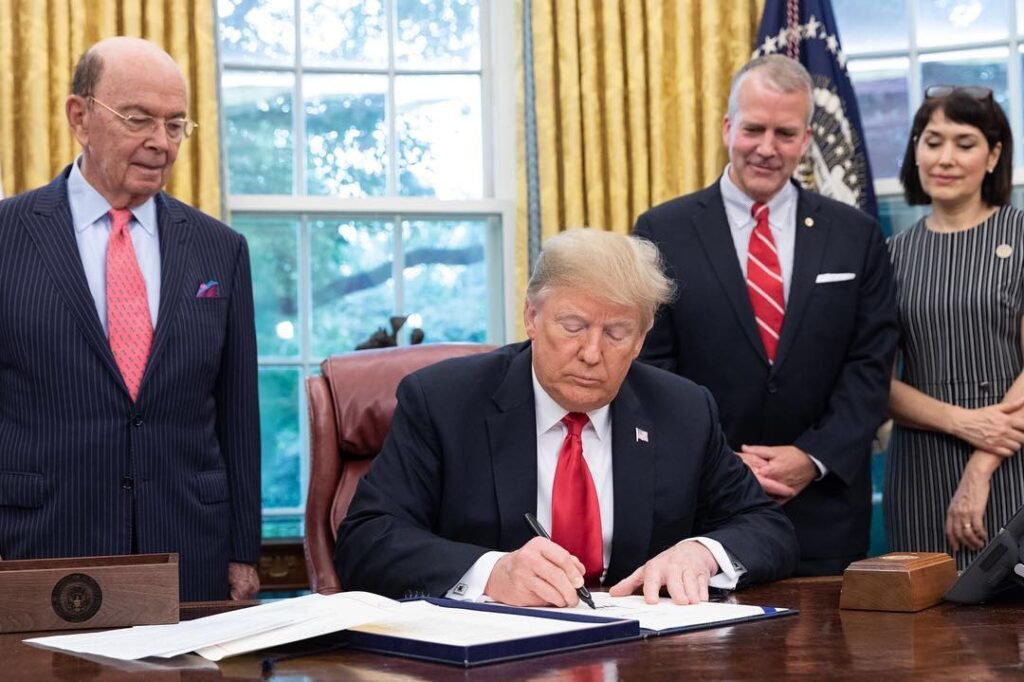Former President Donald Trump is preparing to ignite a controversial debate over birthright citizenship, a key provision of the 14th Amendment that guarantees citizenship to nearly all individuals born on U.S. soil. In recent speeches and policy outlines, Trump has reiterated his commitment to ending this practice, a proposal he previously floated during his first term. Now emboldened by a stronger conservative majority on the Supreme Court, Trump’s administration is gearing up for what could be one of the defining legal battles of his second term.

Legal and Constitutional Implications
The 14th Amendment, ratified in 1868, declares: “All persons born or naturalized in the United States, and subject to the jurisdiction thereof, are citizens of the United States.” This clause has long been interpreted to include the children of undocumented immigrants, with exceptions only for children of foreign diplomats and occupying forces. Trump’s team argues that the phrase “subject to the jurisdiction thereof” provides constitutional leeway to redefine the amendment’s scope, potentially excluding children of noncitizens.
Legal scholars are deeply divided on the feasibility of such a reinterpretation. Critics argue that overturning more than 150 years of legal precedent would undermine the Constitution’s stability. However, proponents see this as an opportunity to address modern immigration challenges and recalibrate citizenship policies in line with contemporary needs.
Political Calculations and Risks
For Trump, this initiative serves as a rallying cry for his base, aligning with his broader anti-immigration platform. During the 2024 campaign, Trump leaned heavily on themes of national sovereignty and immigration reform to galvanize supporters, particularly in battleground states. By pursuing this issue, his administration aims to deliver on campaign promises and solidify his legacy as a transformative, albeit polarizing, figure in American politics.
However, this move comes with significant risks. Legal challenges are inevitable, with the case likely escalating to the Supreme Court. Beyond the legal hurdles, the policy could alienate moderate voters and further polarize a divided nation. Advocates for immigrant rights warn that the move could lead to increased marginalization of immigrant communities and potential abuses of power.
The Road Ahead
As Trump’s legal team prepares its strategy, opposition is mobilizing. Civil rights groups, immigration advocates, and legal organizations are expected to vigorously defend birthright citizenship. The Biden-appointed justices and Chief Justice John Roberts may play pivotal roles in determining the policy’s fate.
Ultimately, this battle will transcend legal arguments, striking at the heart of America’s identity and values. Whether seen as a necessary reform or a dangerous overreach, the fight over birthright citizenship promises to shape the nation’s political and legal landscape for years to come.




















































Discussion about this post